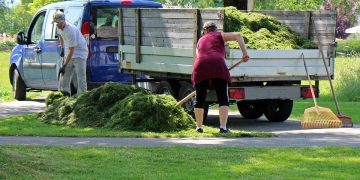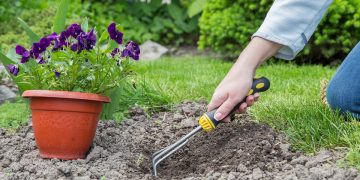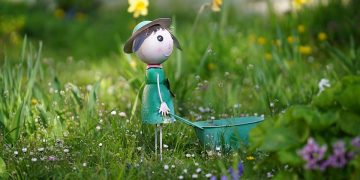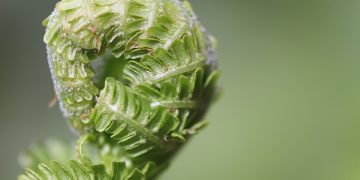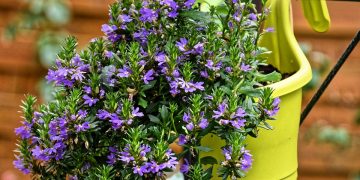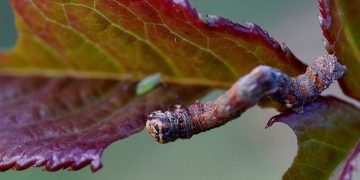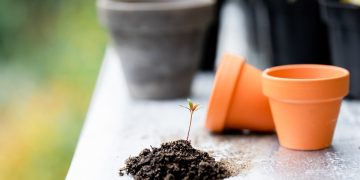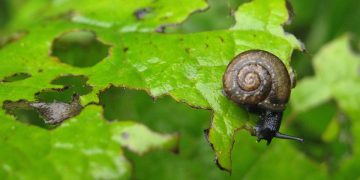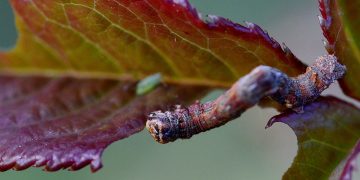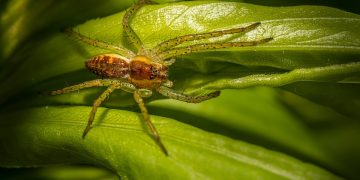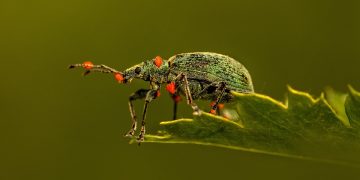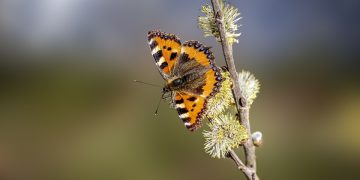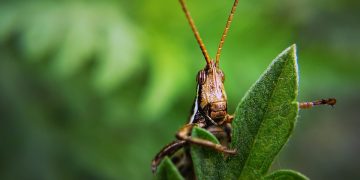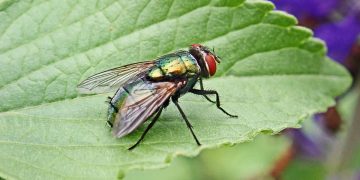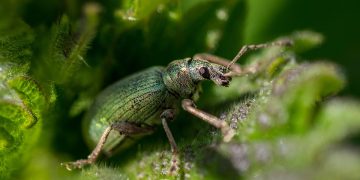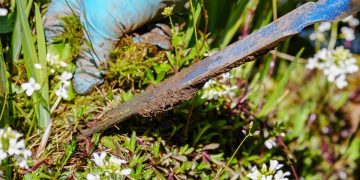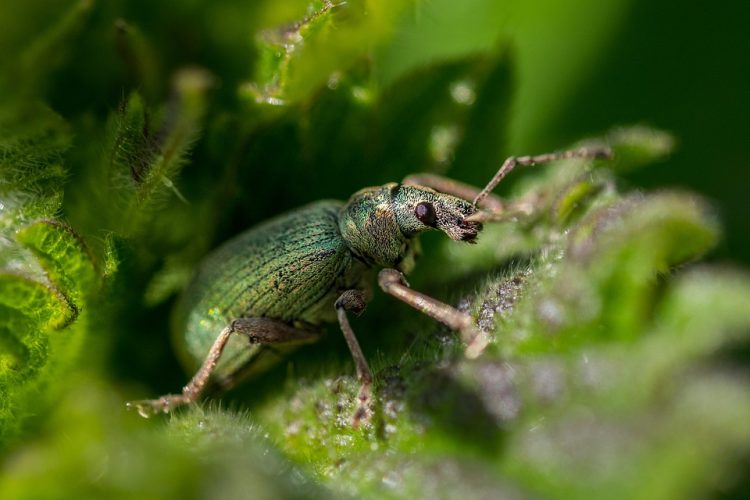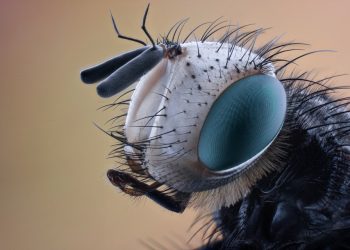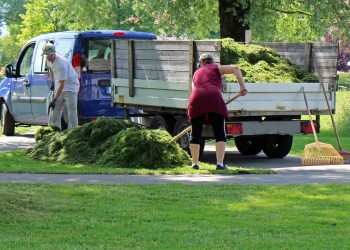Nature’s Defenders: The Power of Organic Pest Control in Protecting Your Garden
When it comes to maintaining a healthy and vibrant garden, organic pest control is an essential tool in your arsenal. By harnessing the power of nature’s defenders, you can protect your plants from harmful pests without resorting to toxic chemicals that can harm the environment and your health. In this article, we will explore the benefits of organic pest control, common methods for keeping pests at bay, and how you can create a thriving garden using natural solutions.
The Benefits of Organic Pest Control
Organic pest control offers a wide range of benefits for your garden and the environment. By using natural methods to combat pests, you can avoid the harmful effects of synthetic pesticides on your plants, soil, and local ecosystem. Organic pest control also promotes biodiversity in your garden, creating a balanced ecosystem where beneficial insects can thrive alongside your plants.
Additionally, organic pest control is safe for you and your family. By avoiding exposure to toxic chemicals, you can protect your health and enjoy a garden that is free from harmful residues. Organic pest control is also cost-effective in the long run, as it promotes soil health and reduces the need for expensive chemical treatments.
Common Methods for Organic Pest Control
There are many effective methods for controlling pests in your garden without resorting to synthetic chemicals. One of the most popular options is companion planting, which involves growing certain plants together to repel pests or attract beneficial insects. For example, planting marigolds alongside your vegetables can help deter aphids and other pests.
Another common method for organic pest control is using physical barriers to keep pests away from your plants. This can include row covers, netting, or traps that capture pests without harming them. You can also use natural predators, such as ladybugs or praying mantises, to keep pest populations in check.
Organic pesticides made from natural ingredients like neem oil, garlic, or soap can also be effective at controlling pests in your garden. These products are safe for the environment and can help you target specific pests without harming beneficial insects.
Creating a Thriving Garden with Organic Pest Control
By incorporating organic pest control methods into your garden maintenance routine, you can create a thriving garden that is free from harmful pests. Start by identifying common pests in your area and researching natural ways to control them. Consider planting a diverse range of flowers, herbs, and vegetables to attract beneficial insects that will help keep pest populations in check.
Regularly inspect your plants for signs of pest damage, such as holes in leaves or chewed stems. By catching pest infestations early, you can prevent them from spreading and causing extensive damage to your garden. Remove any affected plants or leaves and dispose of them properly to prevent pests from returning.
Remember to practice good garden hygiene by keeping your garden clean and free from debris that can attract pests. Mulch your garden beds to retain moisture and suppress weeds, and water your plants regularly to keep them healthy and resilient against pest attacks. Consider rotating your crops each season to prevent pests from building up in the soil.
Conclusion
Organic pest control is a powerful tool for protecting your garden from harmful pests while promoting a healthy and sustainable ecosystem. By using natural methods to control pests, you can avoid the harmful effects of synthetic pesticides and create a thriving garden that is safe for you and the environment. Incorporate organic pest control practices into your gardening routine to enjoy a bountiful harvest of fruits, vegetables, and flowers without the use of toxic chemicals.
With a little knowledge and effort, you can harness the power of nature’s defenders to keep your garden pest-free and thriving all season long.






